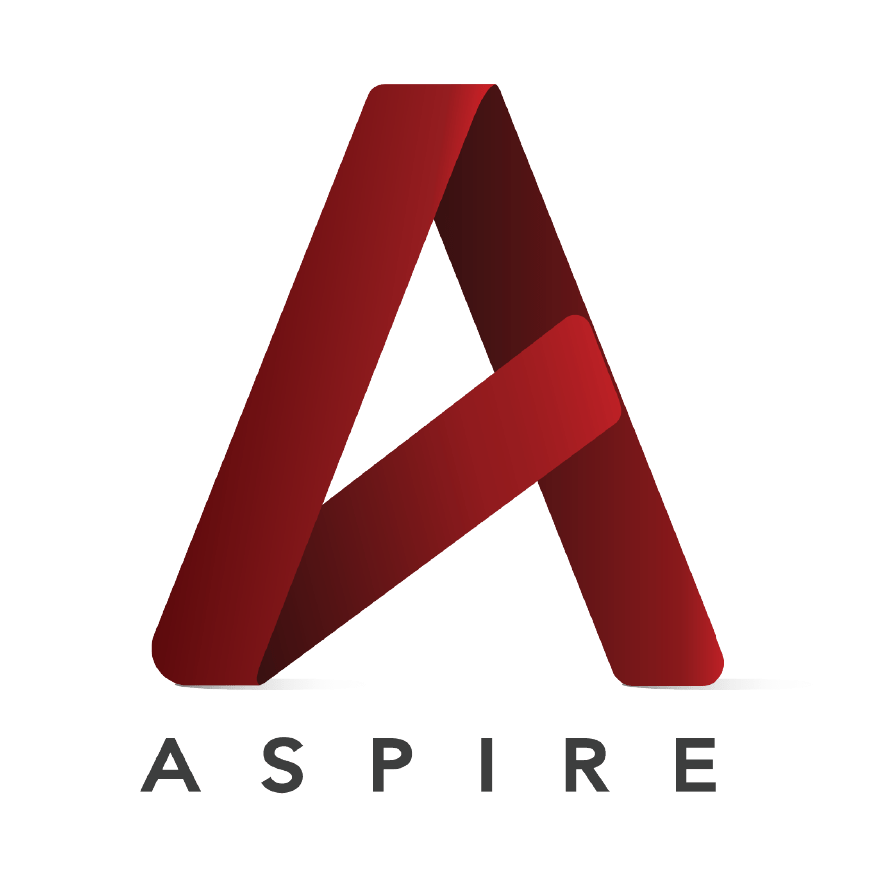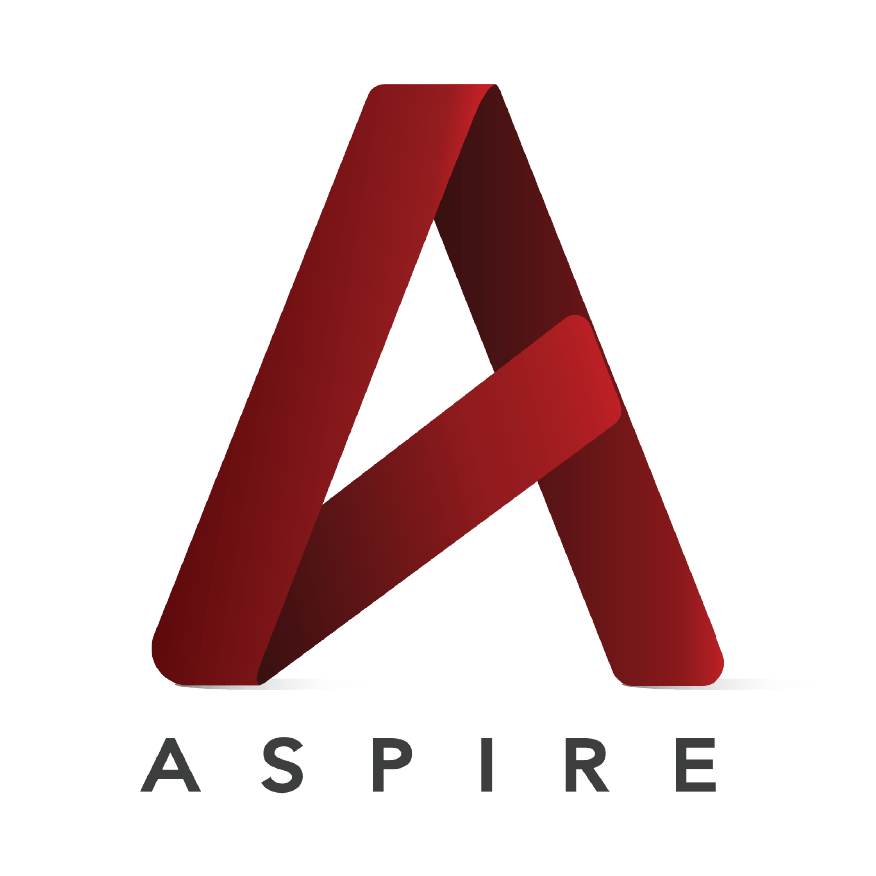Dubai’s healthcare sector is experiencing rapid growth, creating exceptional opportunities for skilled professionals. But success in this field requires more than just certification—it demands a specific set of skills that separate good healthcare workers from great ones.
If you’re pursuing a healthcare career or considering nursing assistant training in Dubai, mastering these five essential skills will position you for long-term success in this rewarding profession.
1. Clinical Competence and Patient Care Skills
Strong clinical abilities form the foundation of every healthcare professional’s career. Dubai’s healthcare facilities maintain international standards, making technical competence essential.
Core Clinical Skills:
- Accurately monitoring vital signs including temperature, pulse, blood pressure, and respiratory rate
- Assisting patients with personal care while maintaining dignity and respect
- Supporting safe patient mobility and preventing falls
- Following strict infection control and hygiene protocols
- Providing basic first aid and emergency response
Quality nursing assistant training programs provide hands-on practice in these critical areas, ensuring you’re confident and capable from day one. The Dubai Health Authority sets strict standards that all healthcare professionals must meet.
2. Communication and Interpersonal Skills
As a healthcare professional, you’re often the primary point of contact for patients and families. Effective communication directly impacts patient outcomes and satisfaction.
Essential Communication Abilities:
- Explaining procedures clearly to patients and families
- Active listening to understand patient concerns
- Collaborating effectively with doctors and nurses
- Working sensitively across Dubai’s multicultural patient population
- Providing empathy and emotional support during challenging times
Strong interpersonal skills help healthcare workers build trust with patients, leading to better cooperation with treatment plans and improved health outcomes.
3. Attention to Detail and Observation Skills
In healthcare settings, small observations can have significant consequences. Healthcare professionals must notice subtle changes in patient conditions and report them promptly to medical staff.
Critical Observation Areas:
- Physical changes in skin color, breathing, or mobility
- Behavioral shifts like confusion or unusual agitation
- Vital sign patterns outside normal ranges
- Potential medication side effects
- Accurate documentation of all patient interactions
Your detailed observations provide crucial information that helps healthcare teams make informed treatment decisions. A professional who spots early warning signs can literally save lives.
4. Time Management and Organizational Skills
Healthcare environments move fast, and professionals typically care for multiple patients simultaneously. Excellent organizational abilities ensure quality care without compromising safety.
Key Organizational Skills:
- Prioritizing urgent patient needs versus routine care
- Managing efficient workflows during busy shifts
- Handling multiple responsibilities without becoming overwhelmed
- Completing documentation and procedures on schedule
- Adapting quickly when emergencies arise
Effective time management prevents burnout and ensures every patient receives the attention they deserve. Most quality training programs include practical strategies for managing demanding healthcare environments.
5. Emotional Resilience and Professional Maturity
Healthcare work can be emotionally challenging. Professionals witness difficult situations and must maintain composure while providing compassionate care.
Building Professional Resilience:
- Managing stress through healthy coping mechanisms
- Maintaining appropriate professional boundaries
- Staying positive during challenging shifts
- Practicing self-care outside work hours
- Seeking support from colleagues when needed
The Ministry of Health and Prevention recognizes healthcare worker wellbeing as essential to quality patient care. Taking care of yourself enables you to better care for others.
How Training Develops These Skills
KHDA-approved training programs in Dubai specifically develop all five essential skills through comprehensive education:
- Theoretical foundation covering medical procedures and protocols
- Hands-on simulations in controlled training environments
- Clinical rotations providing real-world experience
- Communication workshops building interpersonal abilities
- Professional mentorship from experienced healthcare instructors
At We Aspire, our comprehensive program ensures graduates are fully prepared for Dubai’s healthcare sector, combining technical training with professional development. Explore our allied health courses to find the right path for your career.
Start Your Nursing Assistant Career Today
Success in this field requires blending clinical expertise, communication skills, attention to detail, strong organization, and emotional resilience. While each skill is important individually, together they create healthcare professionals who truly make a difference in patients’ lives.
Whether you’re beginning your healthcare journey or enhancing existing skills, quality training is your pathway to a meaningful career in Dubai’s thriving medical industry. Check out our career opportunities guide to learn more about your prospects.
Frequently Asked Questions
Q: How long does nursing assistant training take in Dubai?
A: Most KHDA-approved programs run 2-3 months, including both classroom learning and practical training. You’ll develop core skills during training, with continued growth through workplace experience.
Q: Can introverted people become successful nursing assistants?
A: Absolutely! Effective communication doesn’t require being extroverted. Many professionals are naturally quiet but excel through thoughtful listening and genuine patient connections. Training builds your confidence regardless of personality type.
Q: What skills are tested in KHDA certification exams?
A: KHDA certification evaluates clinical procedures, communication abilities, safety protocols, and professional behavior. Quality training programs prepare you comprehensively for all assessment areas.
Q: Is cultural sensitivity really important for nursing assistants?
A: Extremely important! Dubai’s multicultural environment means you’ll work with patients from diverse backgrounds daily. Cultural awareness training is included in reputable programs and is essential for providing respectful, effective care.
Q: Can nursing assistants advance their careers in Dubai?
A: Yes! Professionals who excel in these five skills often receive promotions, specialized roles, or opportunities to transition into nursing education. Dubai’s growing healthcare sector offers excellent career progression for dedicated individuals.
Ready to Become a Skilled Nursing Assistant?
Join KHDA-approved training that prepares you for real success in Dubai’s healthcare sector. Our experienced instructors and hands-on approach ensure you develop all essential skills needed for this rewarding career.


